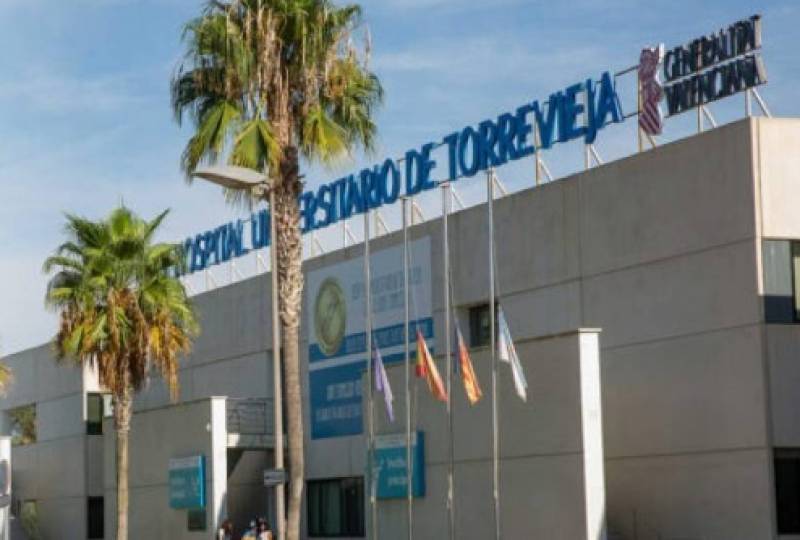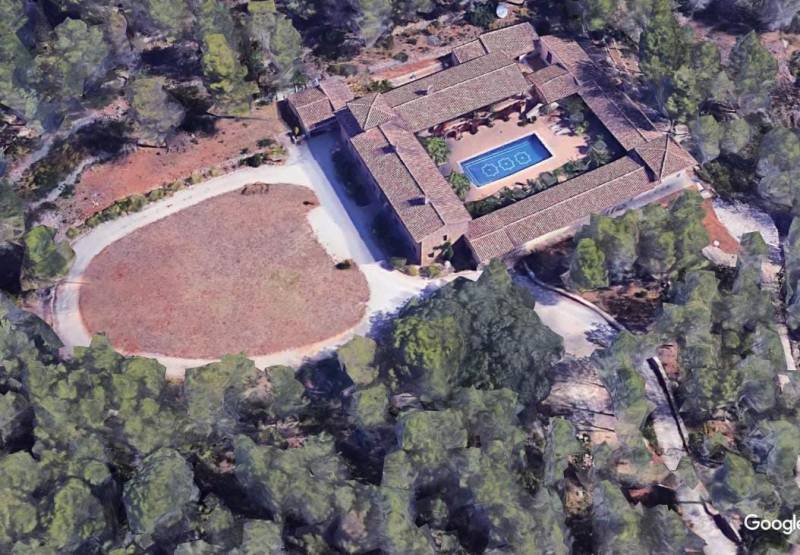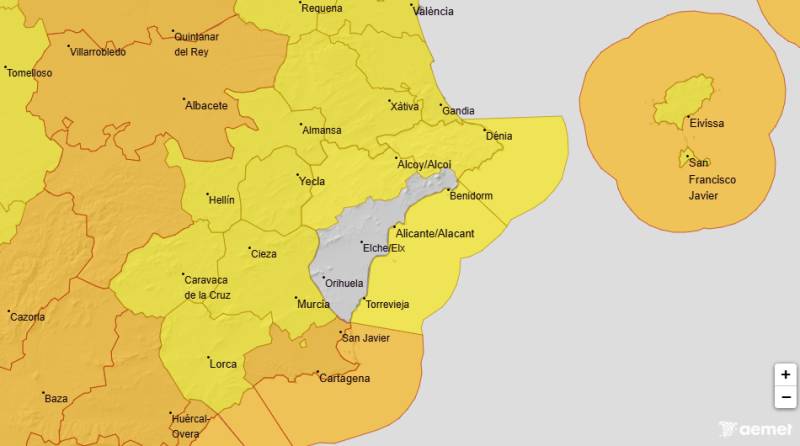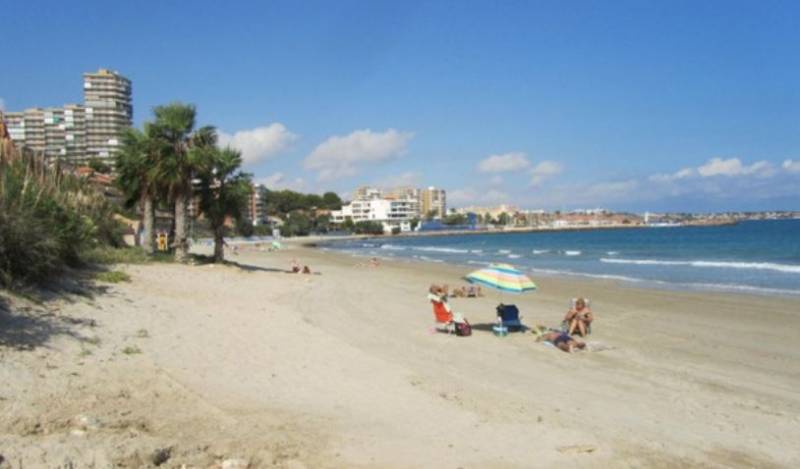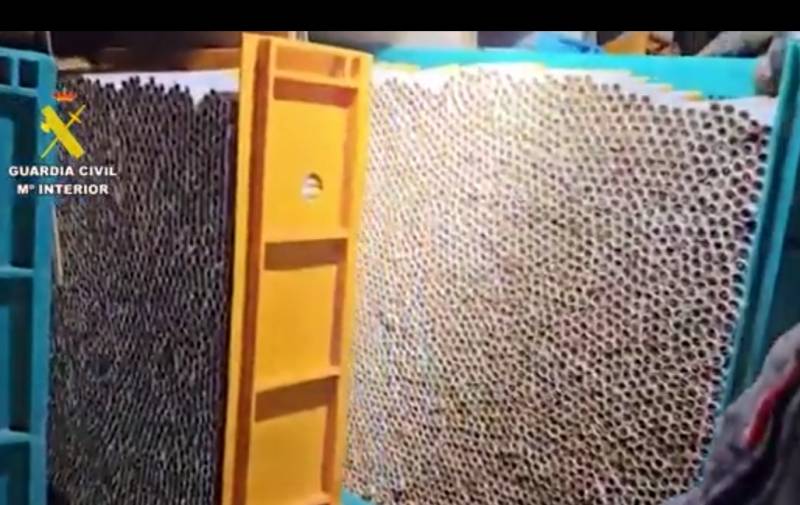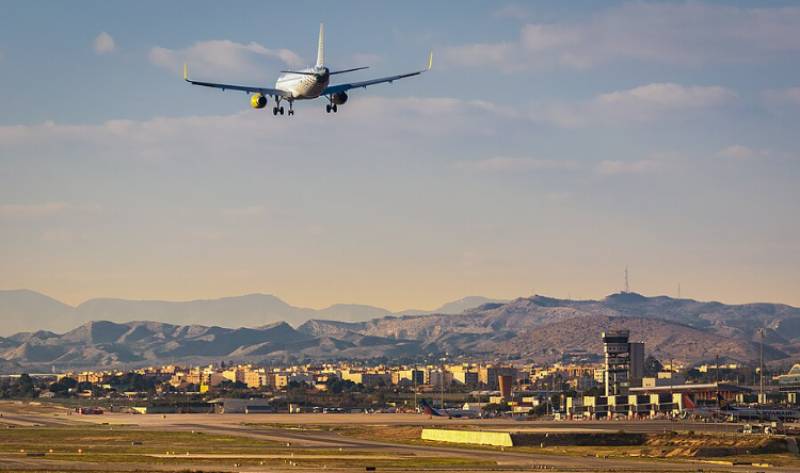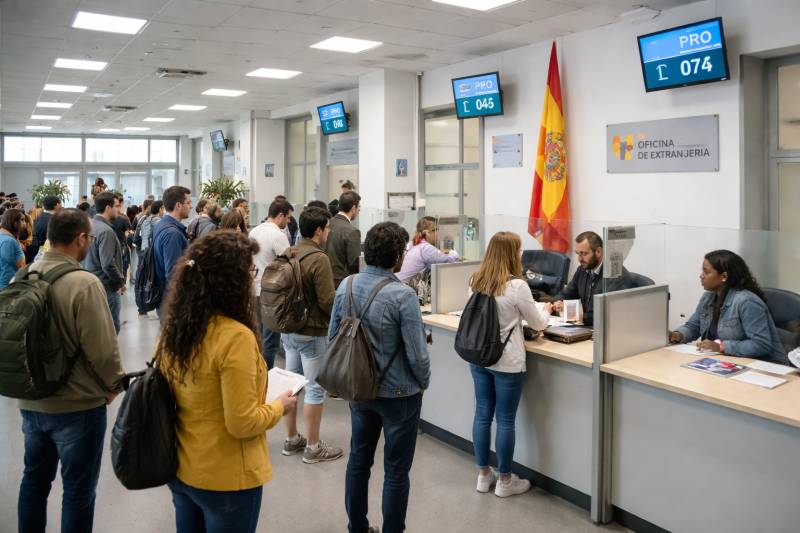

Guidelines for submitting articles to Mazarron Murcia
Hello, and thank you for choosing Mazarron Murcia to publicise your organisation’s info or event.
Mazarron Murcia is a website set up by Murcia Today specifically for residents of the urbanisation in Southwest Murcia, providing news and information on what’s happening in the local area, which is the largest English-speaking expat area in the Region of Murcia.
When submitting text to be included on Mazarron Murcia, please abide by the following guidelines so we can upload your article as swiftly as possible:
Send an email to editor@spaintodayonline.com or contact@murciatoday.com
Attach the information in a Word Document or Google Doc
Include all relevant points, including:
Who is the organisation running the event?
Where is it happening?
When?
How much does it cost?
Is it necessary to book beforehand, or can people just show up on the day?
…but try not to exceed 300 words
Also attach a photo to illustrate your article, no more than 100kb

Fiestas in Pilar de la Horadada
The fiesta year includes, Easter, San Juan, Marine procession and local fiestas
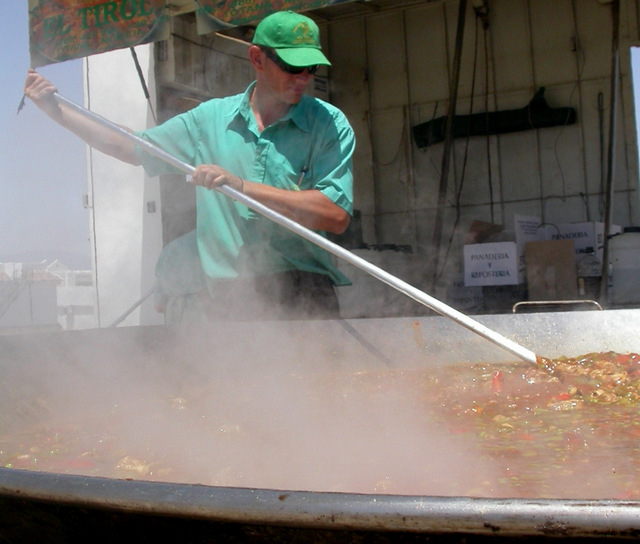 Pilar de la Horadada celebrates a number of fiestas and major cultural events throughout the year, some of which are specific to the municipality and others which are local fiestas.
Pilar de la Horadada celebrates a number of fiestas and major cultural events throughout the year, some of which are specific to the municipality and others which are local fiestas.
As with most towns throughout Spain, the main fiestas are all linked to the annual religious calendar and focus around a core religious occasion, linked to a variety of activities which are “popular” and involve entertainment and enjoyment.
The Fiesta year is roughly as follows, although there are a number of other cultural events shown only in the What’s on section:
January
2nd January, Fiesta of the appearance of the Virgen, the Fiesta de la Aparición de la Virgen
5th January. Cabalgata de los Reyes Magos, the Parade of the Three Kings.
17th January, the day of San Antón Abad, the patron saint of animals. This normally includes a church service with a blessing of animals.
February
2nd February. The festival of the Candelaria, the Fiesta de La Candelaria, the day which commemorates throughout Spain the day on which the innocents were slaughtered by King Herod.
March/April
Semana Santa or Easter week. This varies depending on the church calendar and is celebrated throughout Spain, being the most important week of the religious calendar.
Holy Week involves a series of processions celebrating the last week in the life of Christ leading up to his crucifixion and the resurrection. Images of the saints are carried through the streets by penitents forming Cofradías, or brotherhoods, amongst them one formed almost entirely from the expat community, called the Cofradía La Convocatoria, accompanied by musical bands. This is a week of passion and penitence, culminating in the glory of the resurrection on Easter Sunday when the mood of somber mourning is turned to one of celebration, light, white and flowers filling the streets.
May
15th May, Romería de San Isidro. San Isidro Labrador is the patron saint of agriculturalists and fiestas are held in his honour in every area with agricultural activity. The Romería de San Isidro which is celebrated in the Cañada de Praes is one of the main fiestas in Pilar de la Horadada. The route is several kilometers long, and is made both on foot and in horse-drawn carriages every 15th May from the parish church to Cañada de Praes. On arrival, participants set up picnics and enjoy a meal and conviviality together. Although this is essentially a religious occasion, it’s also a pleasant walk in the countryside for participants.
June
10th June, Corpus Christi – Carpets of flowers ( Alfombras Florales) are laid as first communion is celebrated.
23rd June. The night of san Juan. Bonfires (Hogueras de San Juan) are built in honour of san Juan.
July
30th July , Festividad de la Segregación. The Fiesta of the Segregation of Pilar del la Horadada is held on 30th July to celebrate the anniversary of the creation of the municipality, and its independence from Orihuela is celebrated with bell ringing, cultural activities, open-air dances, fireworks, musical performances and parades.
August
Around 7th August, Fiestas de la Virgen de la Alegría in Mil Palmeras. Local fiestas with a combination of community activities.
Around 15th August. Fiestas de la Virgen de la Asunción in Torre de la Horadada and Las Villas. Local fiestas with a mixture of local and community activities and celebrations
The fiestas of Our Lady of the Assumption are of major importane throughout spain, celebrating the assumption of the Virgin Mary.
On the 15th August the image of the Virgin is taken out to sea in a maritime procession, carried in a fishing boat dressed with flowers, departing from La Torre de la Horadada, accompanied by a large number of local boats and sailors. Once out at sea, flowers are cast into the water to honour those lost at sea before the virgin is returned to dry land.
Around 15th August. Local fiestas in El Mojón, based around the festivities of the Virgen de la Asunción with a mixture of local and community activities.
Around 24th August Local fiestas in Pinar de Campoverde with a mixture of local and community activities.
October
12th October, Fiestas of the Virgen del Pilar
The week includes a number of popular events, although the floral offering to the patrona of the town and parade of floats are the most noteworthy events.
The parade of floats has a strong floral tradition, due to the important cut flower growing industry in the area and the Virgen del Pilar is also the patron of Spain and the Hispanic world, the 12th being Spanish national day and a national holiday. The parade traditionally takes place on the penultimate Saturday of every month and has been given the status of regional tourist interest.
December . Christmas
Image: Virgen de la Asunción












